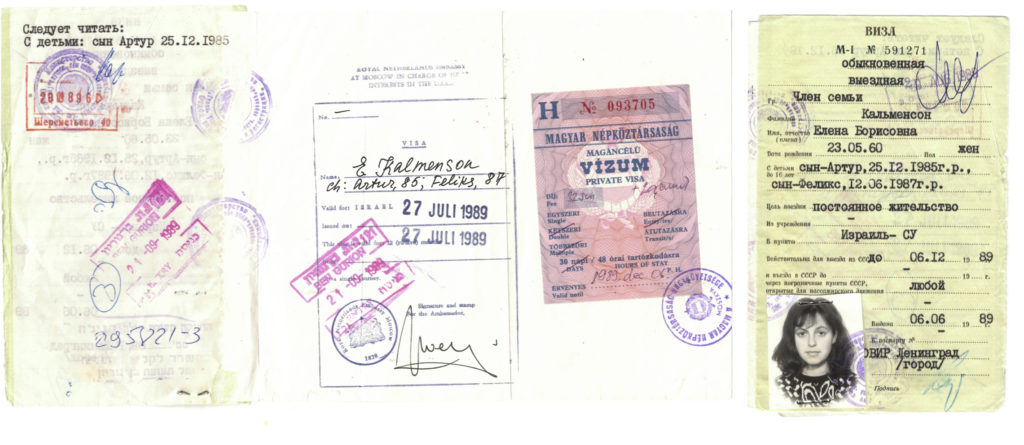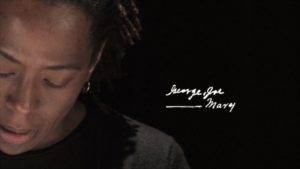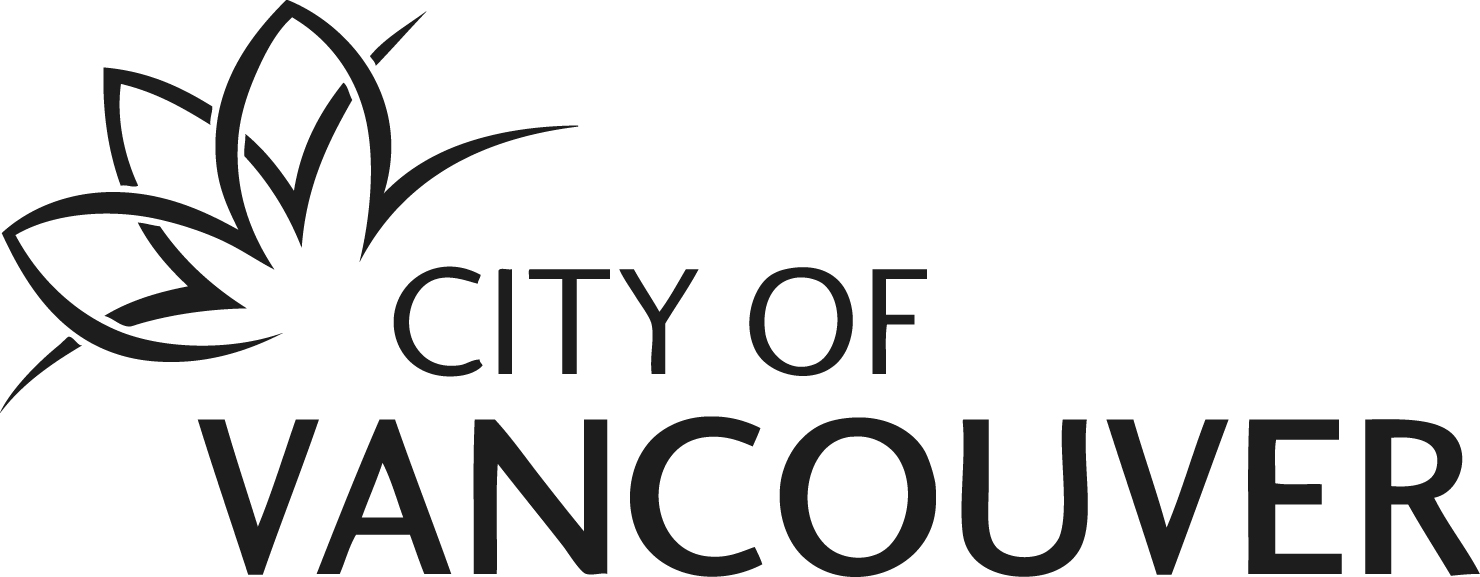Description
Join us at Pollyanna 圖書館 Library on Wednesday, May 16, for a screening of Felix Kalmenson’s films A House of Skin and Neither Country, Nor Graveyard, followed by a conversation between curator Jenn Jackson and media analyst Svitlana Matviyenko.
Felix Kalmenson‘s Neither Country, Nor Graveyard (2017), is a 60 minute two-channel video in memory of Kalmenson’s family migration from Leningrad, USSR in 1989 and a record of their return to Saint Petersburg, Russia 27 years later. When their family left the Soviet Union, they were stripped of their citizenship. Presented with no opportunity to ever return, the family hired a videographer to film them, not in intimate familial spaces, but in central tourist sites. Neither Country, Nor Graveyard (2017) features this original footage alongside a mimetic scene-by-scene remake, documented by Kalmenson during their return to Russia in 2016. Interruptions of time and space are featured as Kalmenson encounters commercial film sets, congested traffic, and transformations of the city’s landscape as it transitioned towards the global politics of neoliberal capitalism. Intercut with ruminations of family members on the conditions of life in the late Soviet period, the film is accompanied by images that signal the optimistic framing of a global centre constantly under construction. With visions of past and contemporary Russia, Neither Country, Nor Graveyard reasserts a basis of cultural legitimation— initiating and constituting a close reading of post-Soviet societies.
A House of Skin (2016) is a 16 minute video work that charts the complex role that mass-produced concrete high-rise apartment buildings have played in defining the landscapes of post-soviet experience, both in the diaspora and the country of origin. The work problematizes the grand narratives that have accompanied both the formations and failures of the modernist architectural and social project, and introduces ruptures that inscribe vernacular ways of being and telling. The work reexamines these architectures, not as totalizing spaces, but as affective frameworks within which various narratives of social and family life are inscribed with violence, struggle, migration, and displacement. Drawing together disparate fragments from liveleak and youtube footage from Russia, ‘Little Moscow’ in North York, Canada, segments from Soviet cinema, contemporary Russian propaganda films and artifacts from Kalmenson’s family archive; the work pieces together a delirious narrative that charts the coexistence of bodies and buildings.
Neither Country, Nor Graveyard and A House of Skin call the social historical contexts of the document and archive into question. Rather than visually affirm historical reflections, Kalmenson radically forefronts a concern with the mediation of histories and contemporary narratives by political, institutional, and corporate bodies, and how the field of these communications serves to redefine publicness, sovereignty, and power.
A conversation between curator Jenn Jackson and media analyst Svitlana Matviyenko will follow the screening. Matviyenko will present on soviet-techno politics with attention to the conditions of engaging the the political economy of information systems.
Examining a private archive is risky: one often discovers how little of the personal and the intimate such archive usually holds. The reward of facing this risk is a discovery that the archive is never equal to the sum of its parts, but rather, it presents a possibility to reveal an extremely complex and volatile relation between its random objects. Watching Felix Kalmenson’s Neither Country, Nor Graveyard (2017) and A House of Skin (2016), we witness how such relation emerges through the emotional labour of the artist, the subject of the archive.
– Svitlana Matviyenko
Throughout the spring season, 221A hosts sum of the parts, a curatorial research project by Jenn Jackson which brings together a selection of films, performances and installations by artists who activate personal histories which are drawn from familial and public record. Artists Deanna Bowen, Felix Kalmenson, Divya Mehra, Krista Belle Stewart, and Casey Wei, present compelling excavations of the past, by drawing from familial, historic, and archival sources; visualizing narratives of race and class, and their recognition within official records.







